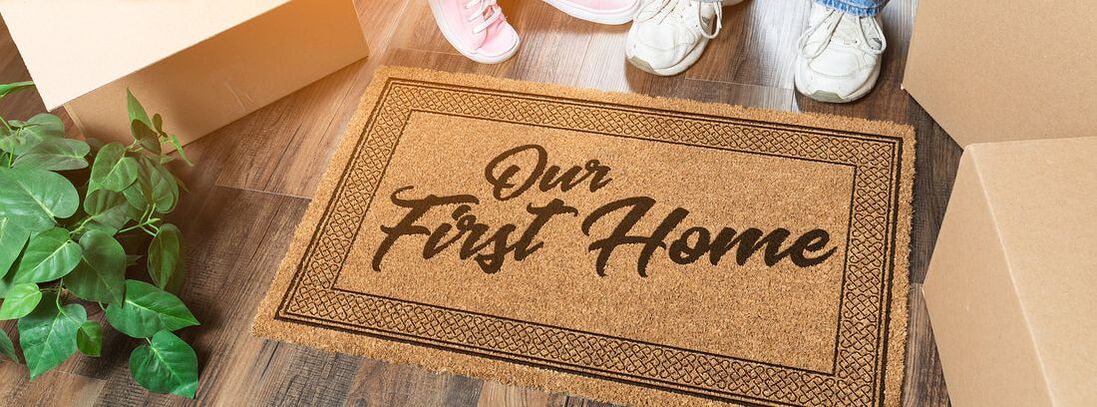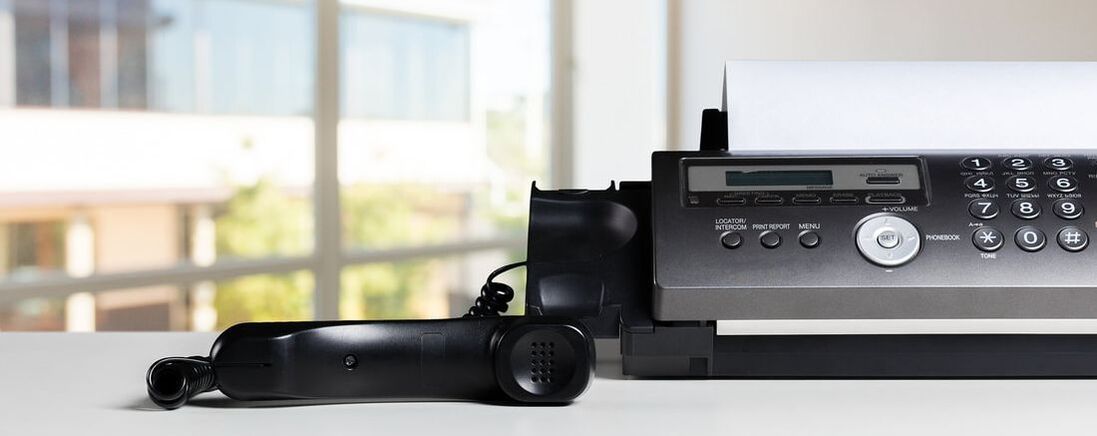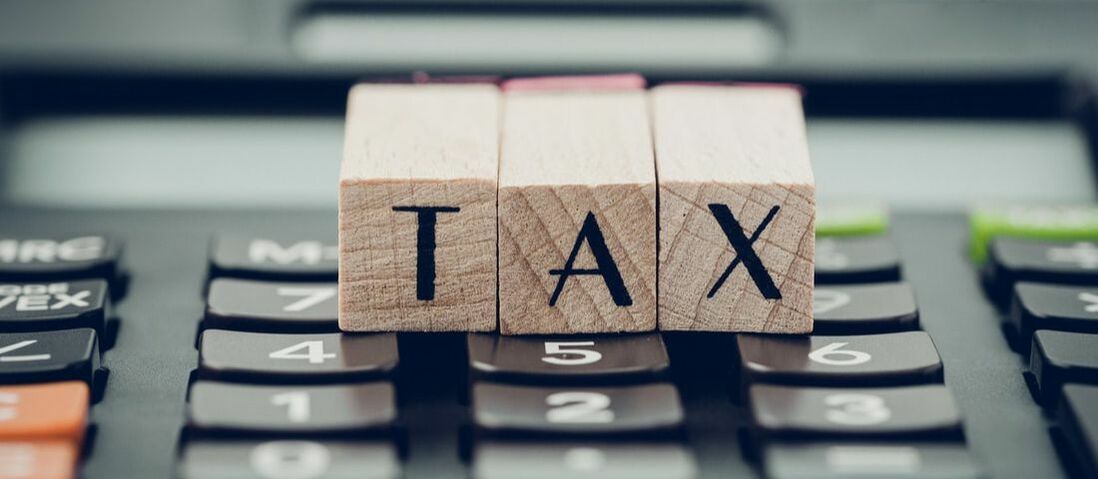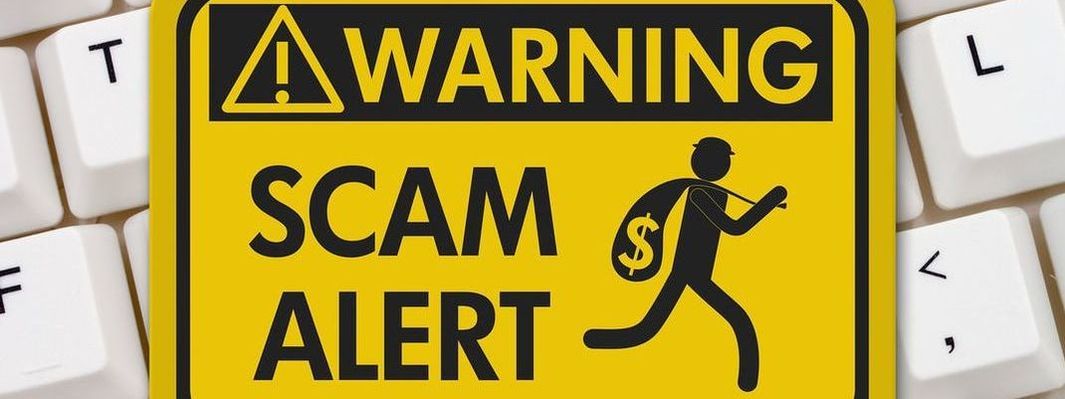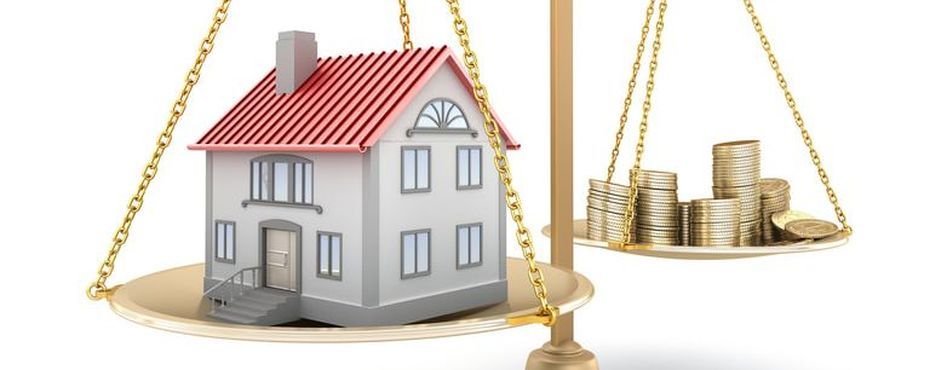Guide to Using KiwiSaver for Your First Home Deposit
Using Your KiwiSaver for a First Home Deposit in NZ
Buying your first home in New Zealand is a massive step, and often the biggest hurdle is pulling together the deposit. Good news though – if you're a KiwiSaver member, you might be able to use some of those savings to help get you over the line. Plus, there's a government grant that could give your deposit an extra boost. It can seem a bit complicated, but let's break it down in a straightforward, down-to-earth way.
Your KiwiSaver balance could be a key part of your first home journey. The scheme is designed to help you save for retirement, but there's a special provision that lets you withdraw most of your funds to buy your first pad. Understanding the rules around this withdrawal, alongside the Kāinga Ora First Home Grant, is essential for any aspiring first home buyer in NZ.
Can You Use Your KiwiSaver for a First Home Deposit?
Yes, absolutely! One of the main benefits of KiwiSaver, alongside retirement savings, is the ability to withdraw funds to help buy your first home. It's specifically designed to give first home buyers a leg up. However, you can't just empty the pot; there are some conditions you need to meet before you can access your funds.
The goal is to use your accumulated savings, including your contributions, your employer's contributions, and any government contributions (like the annual government contribution), towards your deposit or the purchase price of a property you plan to live in. It's important to remember that this is usually possible only if you haven't owned property before, though there are some exceptions under specific criteria.
Eligibility for a KiwiSaver First Home Withdrawal
To be eligible to dip into your KiwiSaver for your first home, you generally need to tick a few boxes:
- Be a KiwiSaver Member: This one's obvious! You need to be signed up to a KiwiSaver scheme.
- Minimum Membership Period: You must have been a member of KiwiSaver (or a complying superannuation fund) for at least three years. Your contributions don't necessarily need to be continuous over that period, but you need to demonstrate membership and contributions over that time.
- First Home Buyer: In most cases, this withdrawal is only available if you've never owned property before. This includes land, houses, or apartments, in New Zealand or overseas.
- Plan to Live in the Home: The property you are buying with the KiwiSaver funds must be where you intend to live. It can't be an investment property or a holiday home. You'll typically need to live there for at least six months after settlement.
- Leave a Minimum Balance: You must leave a minimum balance of $1,000 in your KiwiSaver account. You can withdraw everything above that threshold, including contributions from you, your employer, and the government, plus any investment returns earned.
If you have previously owned a home but no longer do, you may still be eligible for a KiwiSaver first home withdrawal under certain conditions. This is assessed by Kāinga Ora and depends on your current financial position and assets. It's worth checking with them directly if this applies to you.
How Much Can You Withdraw from KiwiSaver?
Provided you meet the eligibility criteria, you can generally withdraw your entire KiwiSaver balance except for a minimum of $1,000. This includes all your contributions, your employer's contributions, and all government contributions (like the kick-start and member tax credits), plus any investment earnings your savings have made over time. The exact amount available will be confirmed by your KiwiSaver provider when you apply.
It’s wise to check your current KiwiSaver balance and contribution history early in your home buying journey to get a realistic idea of how much you might have available. You can usually do this through your online account with your KiwiSaver provider or via MyIR on the IRD website.
The Kāinga Ora First Home Grant
Separate from your KiwiSaver withdrawal, you might also be eligible for the Kāinga Ora First Home Grant (formerly the HomeStart grant). This is a government grant paid directly to your solicitor or conveyancer at the time of settlement, adding extra funds to your deposit. Like the KiwiSaver withdrawal, it has its own set of eligibility criteria.
The grant amount depends on how long you've contributed to KiwiSaver and whether you're buying an existing home or a new build:
- Existing Homes: You could get $1,000 for each year you've contributed to KiwiSaver, up to a maximum of $5,000 for five or more years of contributions.
- New Builds or Land to Build On: You could get $2,000 for each year you've contributed, up to a maximum of $10,000 for five or more years of contributions.
You can get the grant if you're buying with others who are also eligible, potentially pooling multiple grants towards one property.
Eligibility for the First Home Grant
The criteria for the First Home Grant are a bit stricter than the KiwiSaver withdrawal. You need to meet the KiwiSaver membership requirements mentioned above, plus:
- Income Caps: There are limits on your annual income before tax in the 12 months before applying. For a single applicant, the cap is currently $95,000. For two or more applicants, the combined income cap is $150,000.
- House Price Caps: The property you buy must be within the price cap for the region it's located in. These caps vary across New Zealand. You can find the latest caps on the Kāinga Ora website. While caps apply by region, the grant itself is available nationwide if you meet the criteria and the property price is within the limit for that area.
- First Home or Previous Owner: Similar to the KiwiSaver withdrawal, it's primarily for first-time buyers, but previous owners might qualify under specific circumstances assessed by Kāinga Ora.
- Commitment to Live in the Home: You must live in the home for at least six months from the settlement date.
- Minimum Deposit: You generally need a minimum deposit of 5% of the purchase price, which can include your KiwiSaver withdrawal, the First Home Grant, and savings.
Checking the latest eligibility criteria on the official Kāinga Ora website is highly recommended before you rely on the grant.
The Application Process
Applying to use your KiwiSaver and for the First Home Grant are separate processes, but both require coordination with your solicitor or conveyancer once you have an unconditional or near-unconditional sale and purchase agreement.
- Check Eligibility Early: Before you start house hunting seriously, check if you meet the criteria for both the KiwiSaver withdrawal and the First Home Grant. Use online tools or talk to Kāinga Ora and your KiwiSaver provider.
- Get Pre-Approval (Optional but Recommended): You can apply for First Home Grant pre-approval from Kāinga Ora. This gives you certainty about whether you qualify and the amount you might receive before you make an offer.
- Find a Property and Sign an Agreement: Once you've found the right place, you'll sign a Sale and Purchase Agreement, often conditional on finance, a building report, and solicitor's approval.
- Apply for KiwiSaver Withdrawal: You'll need to apply to your KiwiSaver provider. Your solicitor or conveyancer will handle the legal aspects of this application and receive the funds directly on the settlement date.
- Apply for First Home Grant: If you haven't got pre-approval, you apply to Kāinga Ora for the grant once you have an unconditional agreement. Again, your solicitor or conveyancer will assist with this process, and the funds will be paid to them before settlement.
- Solicitor Manages Funds: Your solicitor or conveyancer will receive both your KiwiSaver funds and the First Home Grant (if applicable) and combine them with the rest of your deposit and mortgage funds for settlement.
Getting your ducks in a row early and communicating with your KiwiSaver provider, Kāinga Ora, your bank, and your lawyer will make the process much smoother.
How a Property Lawyer Helps
Using your KiwiSaver and applying for the First Home Grant involves legal steps and paperwork that your solicitor or conveyancer handles. They are crucial intermediaries in getting the funds released from your KiwiSaver provider and Kāinga Ora in time for settlement.
Your property lawyer will:
- Verify your eligibility for the KiwiSaver withdrawal and First Home Grant as part of the conveyancing process.
- Prepare and submit the necessary legal documentation to your KiwiSaver provider to request the withdrawal.
- Prepare and submit the application for the First Home Grant to Kāinga Ora (unless you applied for pre-approval yourself, they still manage the final payment).
- Receive the funds from both your KiwiSaver provider and Kāinga Ora into their trust account.
- Combine these funds with the rest of your deposit and mortgage funds ready for settlement day.
- Ensure all legal requirements related to using these funds for your purchase are met.
Their role is vital in ensuring the funds are available exactly when needed to complete your property purchase.
Costs Involved When Using KiwiSaver and the First Home Grant
While the KiwiSaver withdrawal and First Home Grant boost your deposit, there are legal costs associated with accessing them. ConveyOnline offers clear pricing for property transactions.
For a standard property purchase, ConveyOnline's fee starts from $1,799 (includes GST & disbursements). When you are using funds from schemes like KiwiSaver and the First Home Grant, there are additional steps required by your property lawyer.
ConveyOnline charges an add-on fee of +$300.00 for handling KiwiSaver funds and +$100.00 for handling the Homestart (First Home) grant as part of their conveyancing service. These are added to the base purchase fee.
It's always a good idea to get a full breakdown of costs from your conveyancer upfront so you know exactly what to expect. You can find more details on ConveyOnline's property law pricing page.
Beyond legal fees, remember to budget for other costs like valuation reports, building inspections, and potentially lender fees. Planning for these helps avoid nasty surprises.
Ready to Get Started?
Using your KiwiSaver savings and the First Home Grant are fantastic ways to make buying your first home more achievable in New Zealand. Understanding the requirements and process early on is key to a smooth journey.
Once you've got your finance sorted and found the perfect place, you'll need a property lawyer to handle the conveyancing. This is where all the legal heavy lifting happens – from checking the title to managing the transfer of funds, including your KiwiSaver and grant money. ConveyOnline is here to assist you with your property transaction, offering a convenient and straightforward online service.
Their online property law services are designed to make the legal side of buying your first home as stress-free as possible. For more general information about the home buying process, check out their guide on what to expect when buying your first home. Once ready to get started, ConveyOnline can help with the conveyancing transaction.
_Disclaimer: This article provides general information only and should not be considered legal or financial advice. Eligibility rules for KiwiSaver withdrawals and the First Home Grant can change. Always consult with Kāinga Ora, your KiwiSaver provider, a financial advisor, and a property lawyer for advice specific to your personal situation._

